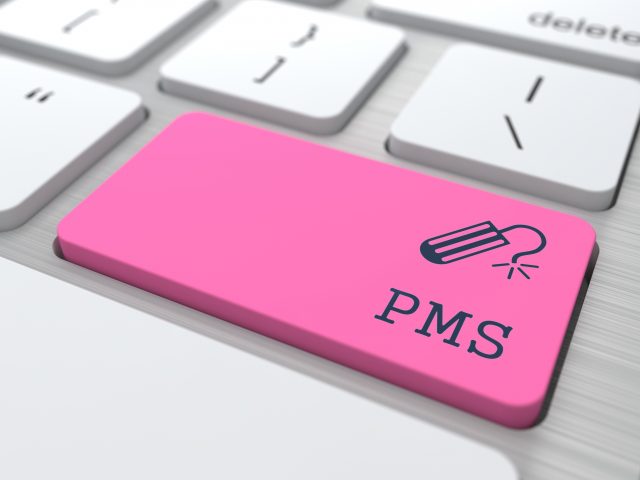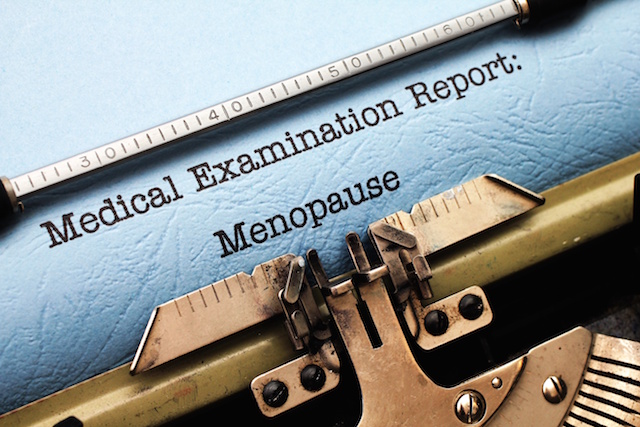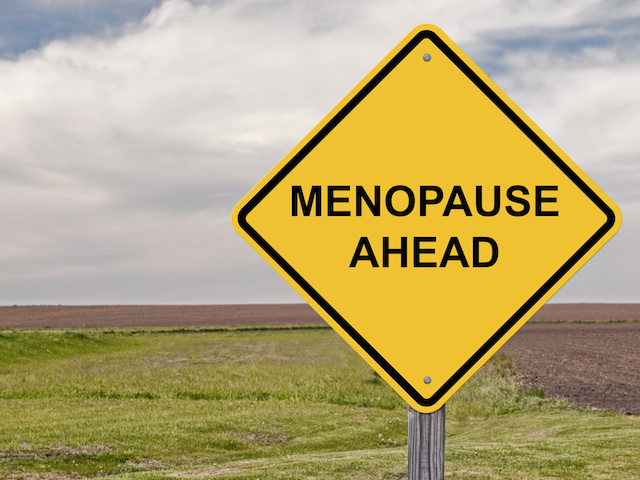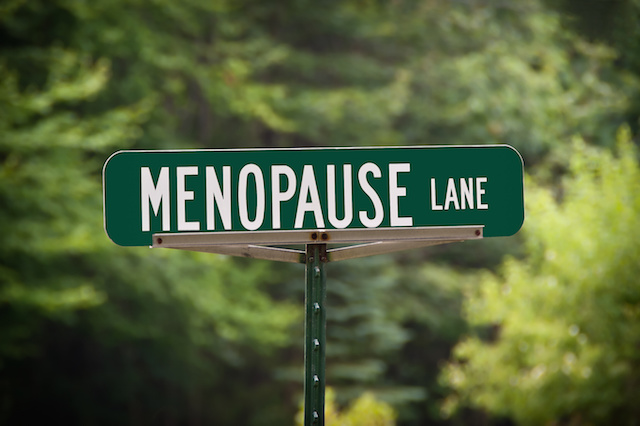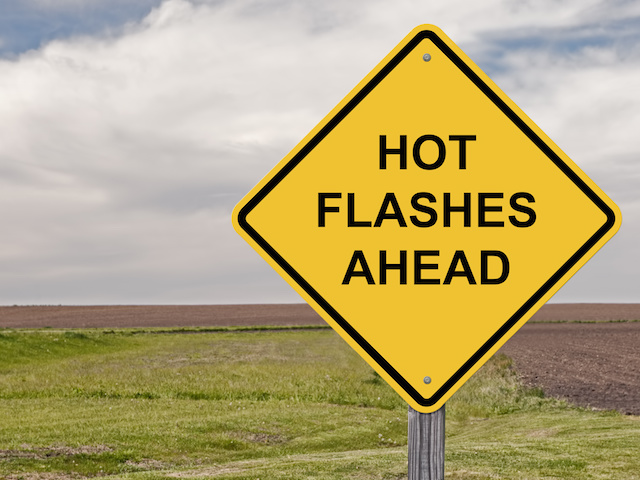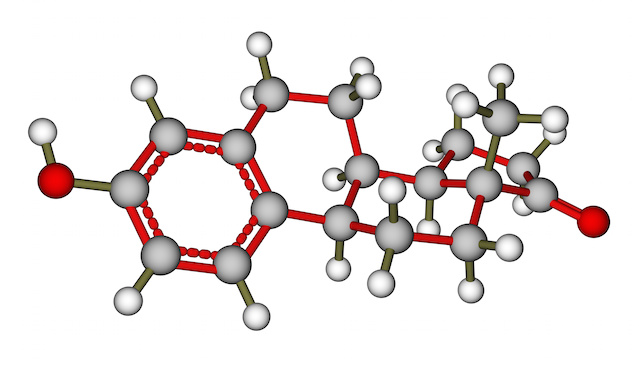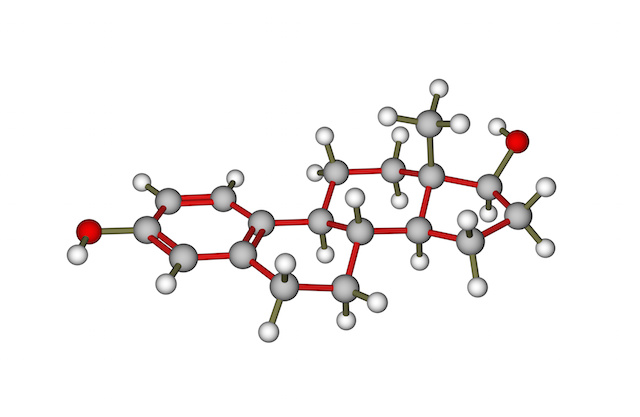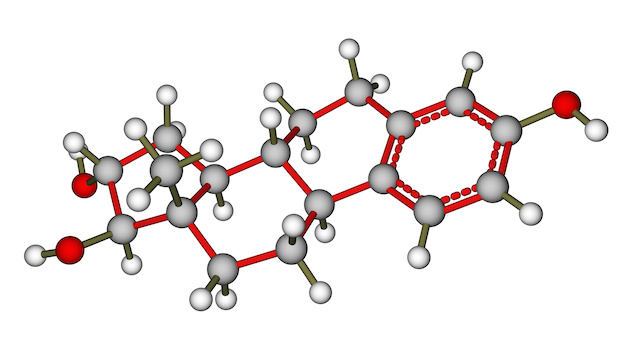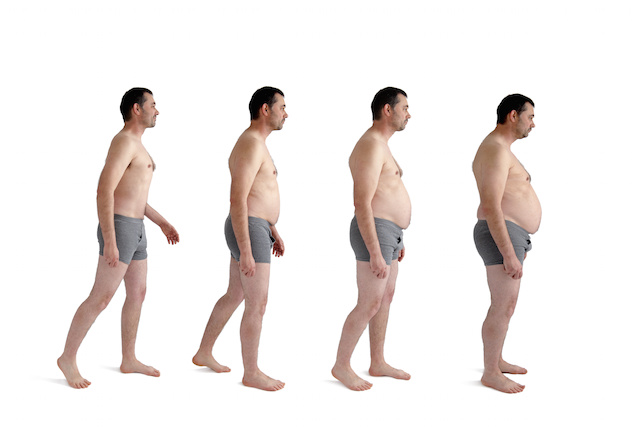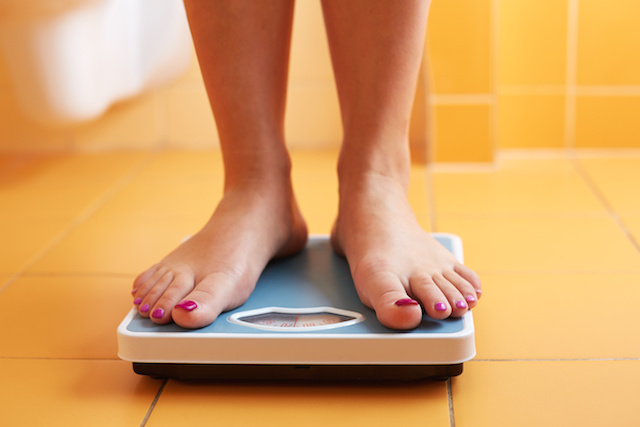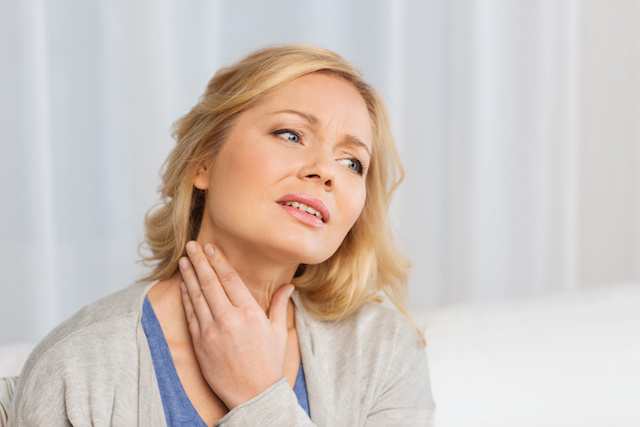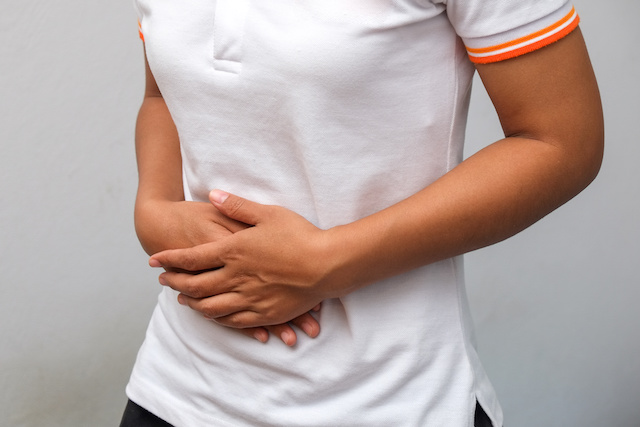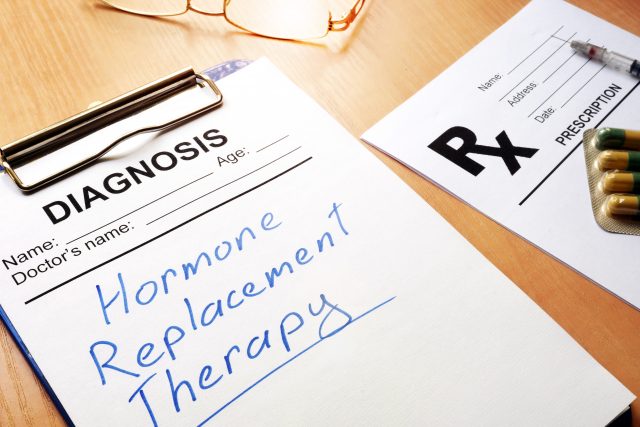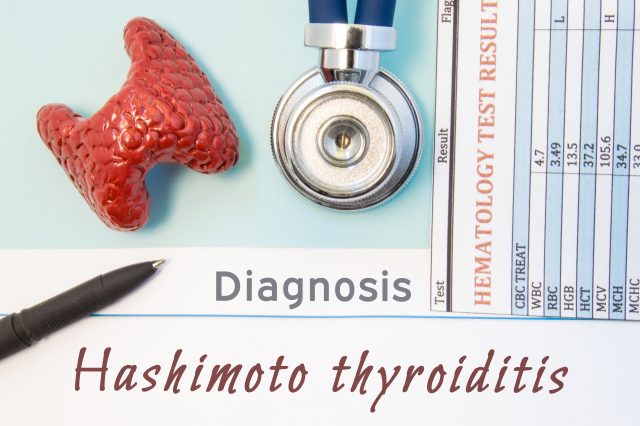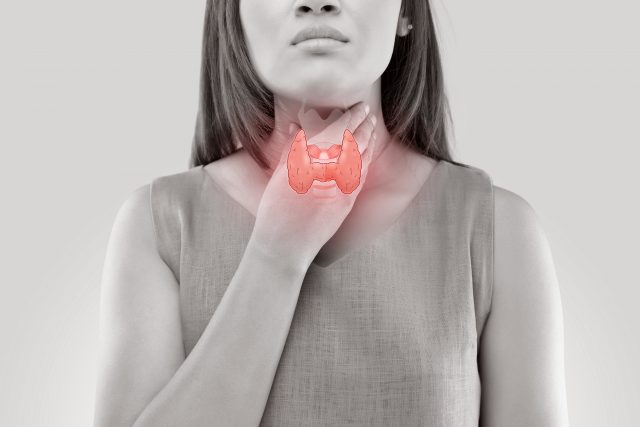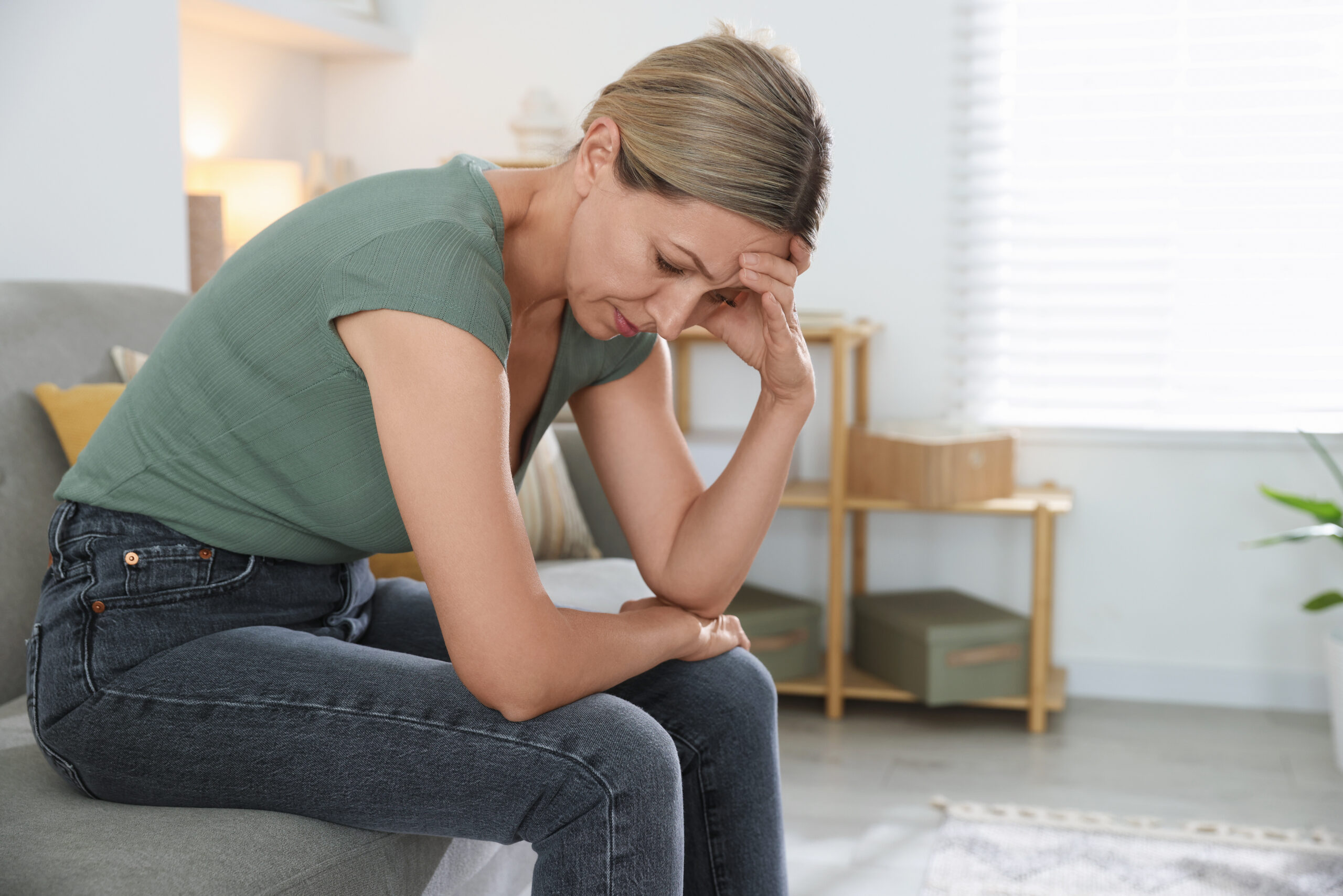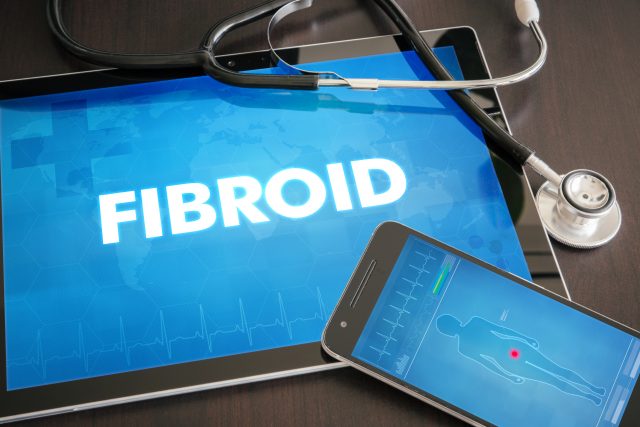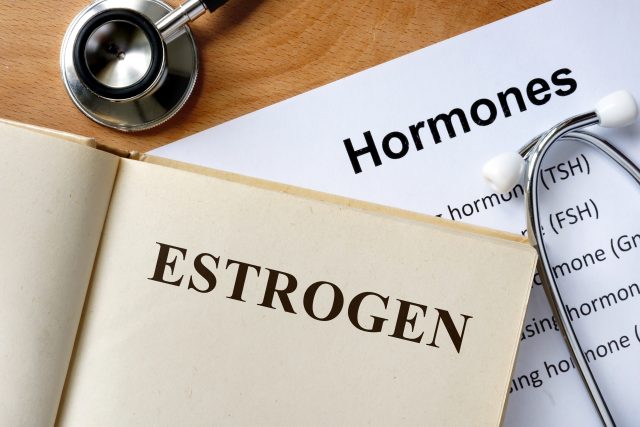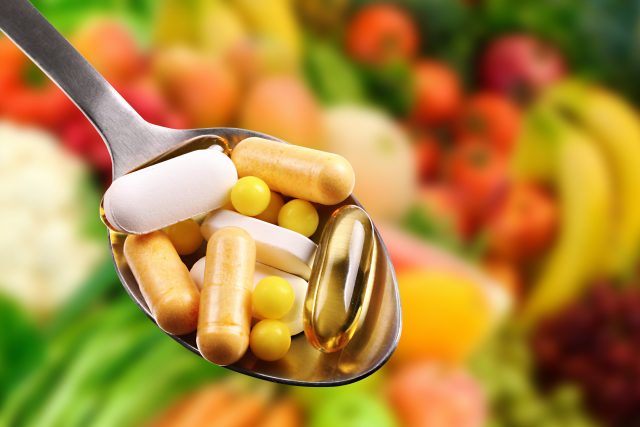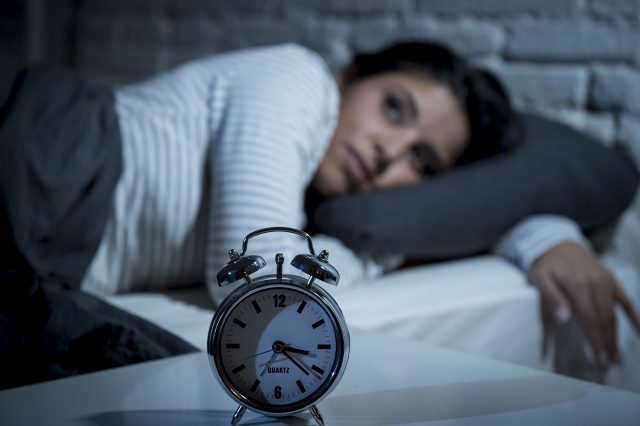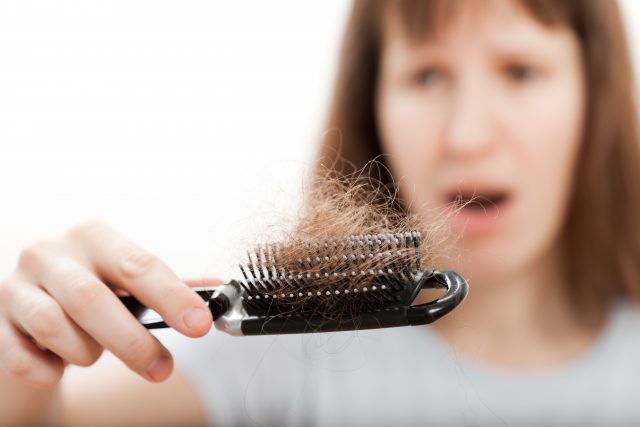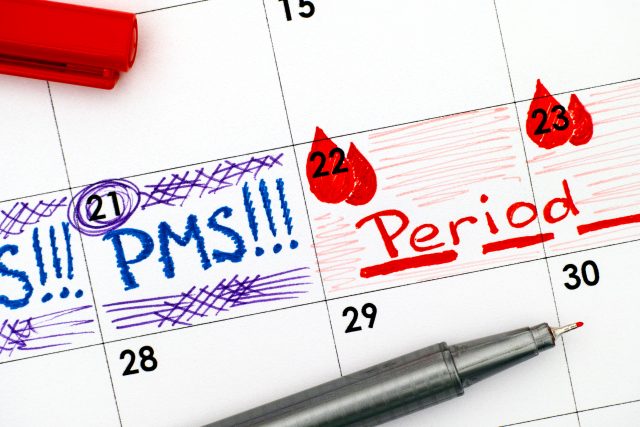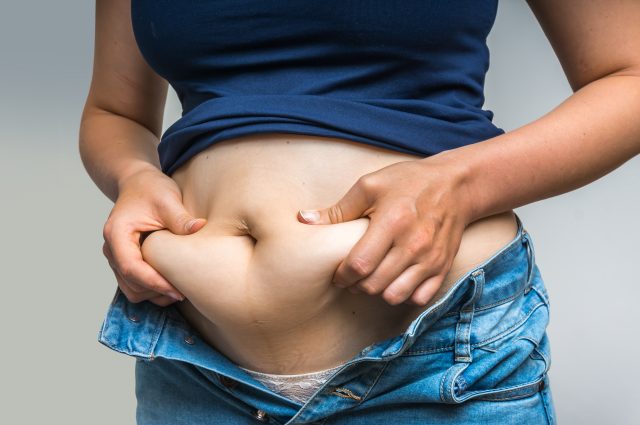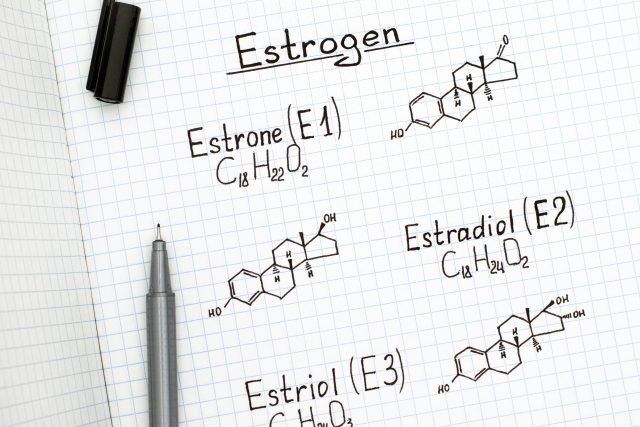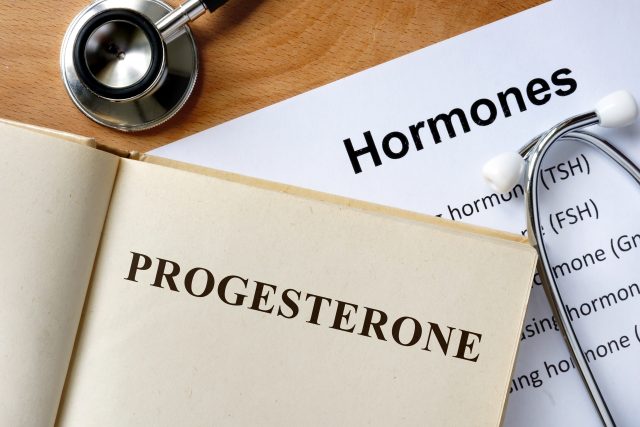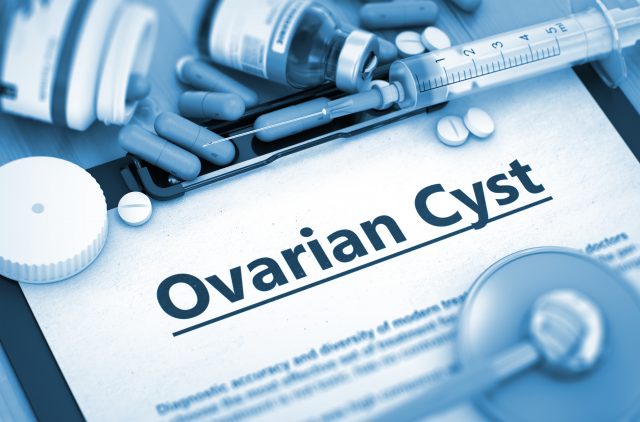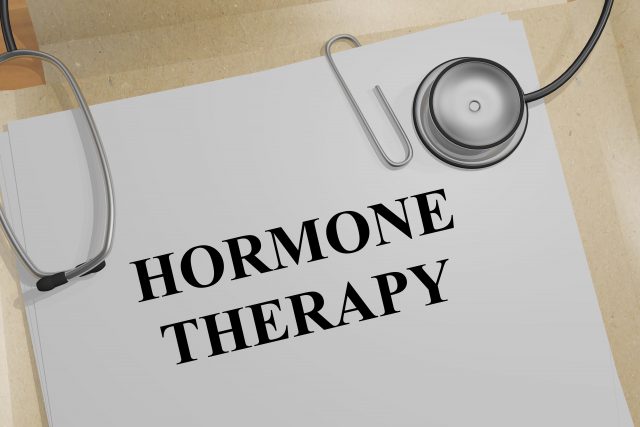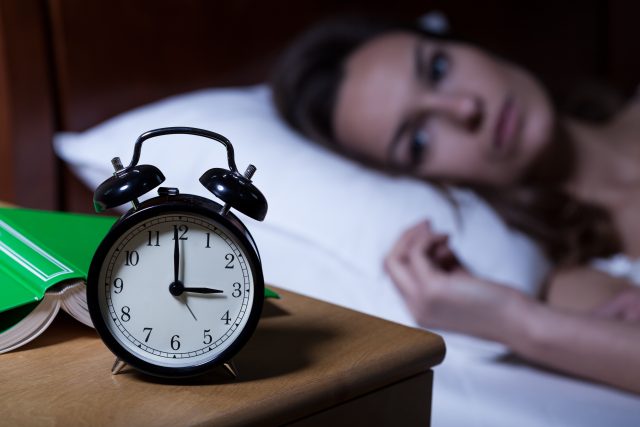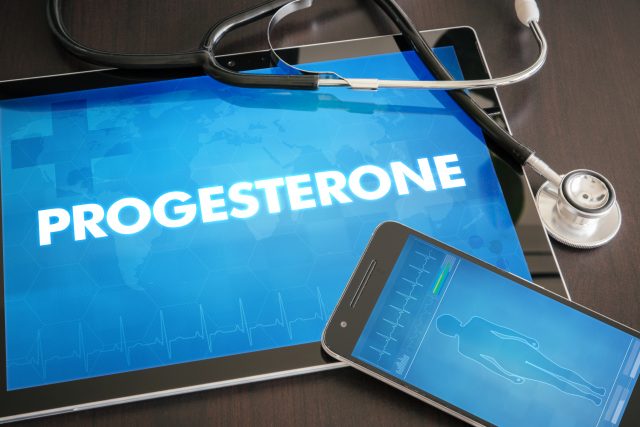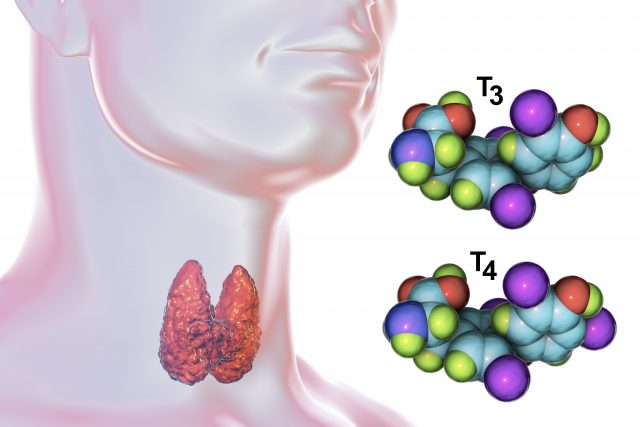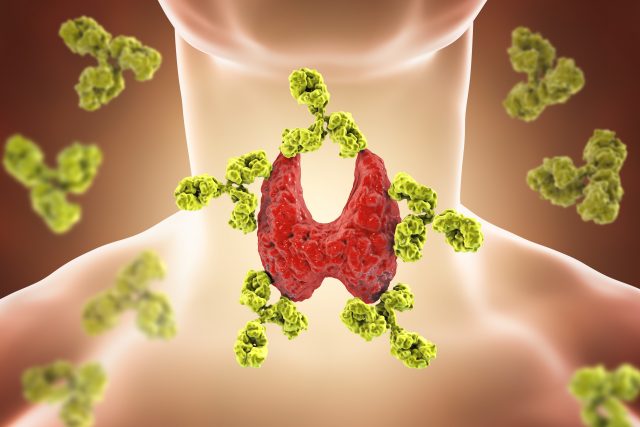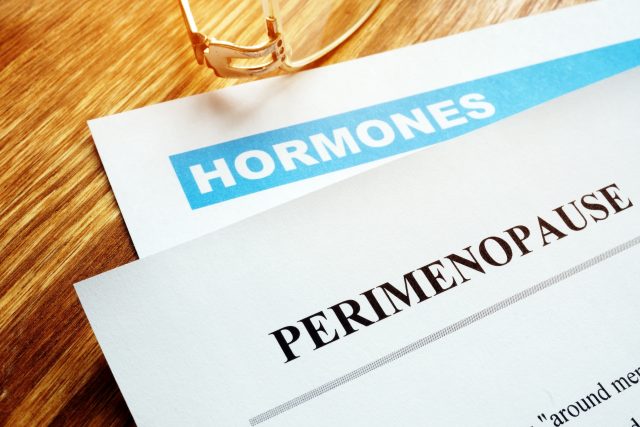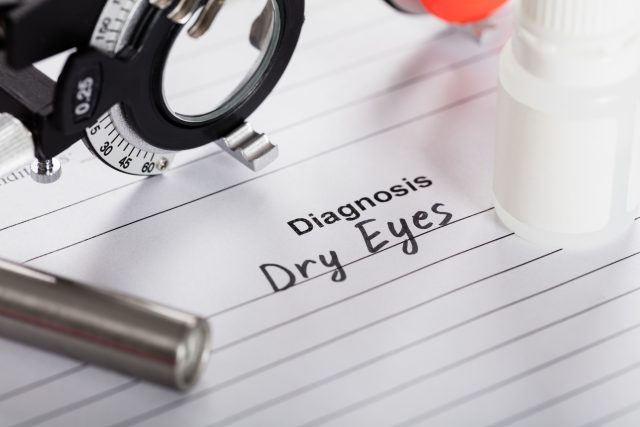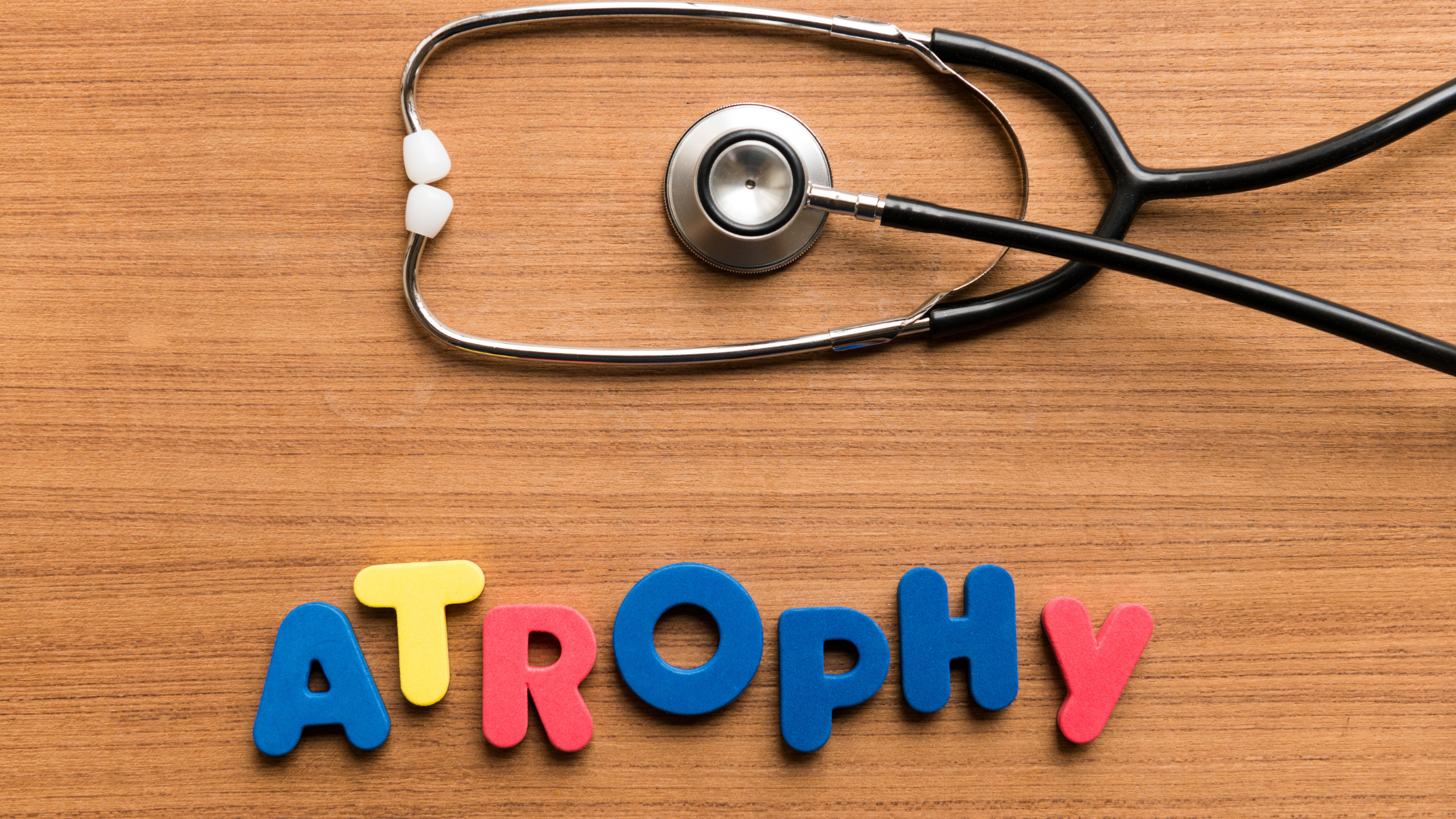I Am PMSing Like Crazy!
Premenstrual syndrome (PMS). We have all heard jokes about it, laughs, eye rolls and snickering. But I assure you, PMS is very real for a lot of women. Some women, it can profoundly affect their lives and the lives of the people around them. Trust me, husbands, kids, family members, coworkers can attest to how PMS can affect everyone. I am not trying to criticize or talk down to the female with PMS.
They know as well as I do that PMS can change their entire circle of relationships as well as wreak havoc on their bodies. But I want to make a point that we cannot dismiss PMS. We need to recognize it, educate and help women dealing with PMS. PMS is not going to kill you. PMS is not a disease. PMS is not an infection, and you cannot pass it to other people.
Because of this, many doctors dismiss PMS. And many women leave their doctor’s office frustrated and disappointed because their symptoms of PMS were not addressed. Or they leave their doctor’s appointment with prescriptions for antidepressants and birth control pills and feel their concerns were minimized.
In this post, I am going to talk about the symptoms of PMS. How it can affect our quality of life. And healthy natural treatment options you can do to alleviate and correct the symptoms.
Do I have PMS Quiz:
- Symptoms start anywhere from 1-14 days before your period
- Cravings for carbs, especially refined carbohydrates
- Only wearing your fat pants right now. But as soon as you get your period, bring out the skinny jeans
- Breaking out: chin and jawline. Also might see breakouts on the neck, chest or back
- Bloated
- Constipated
- Breast swelling and tenderness
- Anxiety
- Spotting 4-8 days before a period
- Cramping painful
- IRRITABLE
- Angry outbursts
- Crying
- Sad
- Trouble falling asleep
- Trouble staying asleep
- Low sex drive
- Feel 100% better when you get your period
Many women can answer yes to this quiz, but the severity of the symptoms are pretty minimal. Some women do not even experience these symptoms every month. You do not need to tally up this quiz. But look at each question and give it a 1-10 scale.
For example, Liz, three days before her period she craves a little chocolate and gets slightly constipated. Liz also feels a little more emotional during specific commercials and gets two pimples a month before her period. These symptoms do not affect her life, and she doesn’t even notice them every month. Her PMS scale is very low.
Now let’s take Jenn. Jenn’s says she has a scale of 10 on all of the questions. Jenn came to see me with her fiance, Matt. They both lived in separate states and had a long distance relationship. But after marriage would be traveling back and forth together. Both were concerned for the future of their relationship because Jenn’s moods were out of control starting ten days before her period and extended about two days into her period. Jenn had a terrible time falling asleep and would wake up in the middle of the night for 2 hours.
She wisely would not take sleeping pills because they made her feel more tired the next day. Jenn would get upset and worry about the littlest things. She would get mad at Matt’s five-year-old son, Jakey and then cry and feel guilty afterward. She had no interest in sex. Her sugar cravings were so intense Jenn would gain 3 lbs every month and then exercise like crazy trying to lose it. She was about 20 lbs over her ideal weight.
This was a huge frustration for Jenn. It was all belly fat and as hard as she tried, could not control the PMS sugar cravings. She had the other physical symptoms such as breast tenderness, spotting before her period, bloating and cramping. But the real issue was the mood swings and irritability. Matt agreed with Jenn that before her period she could not control her anger. Jenn didn’t want to lash out at Matt and Jakey, and they were worried about the future. Jenn’s PMS was affecting her relationships and her life.
She could not tolerate the birth control pills let alone take them because she had Factor V Leiden blood clotting disorder. Factor V Leiden disorder and other blood clotting disorders are a lot more common than you think. Her primary care doc would only offer her antidepressants. With no success taking Lexapro and Wellbutrin, she didn’t want to continue trying antidepressants.
Jenn only got these symptoms starting ten days before her period, and they lasted until the second day of her period. Her doctor suggested that she might be bipolar and should be medicated. But starting day 3 of her cycle until day 18, Jenn felt great and had none of these symptoms. And her physical symptoms were not characteristic of a bipolar diagnosis.
I suspected that Jenn’s hormones were out of balance causing severe PMS symptoms. Her progesterone was non-existent, and her estrogen and testosterone were slightly elevated. Because of her family history and her personal history of Factor V Leiden, we had to be careful of hormone treatment. But with supplementation and lifestyle changes, Jenn’s symptoms resolved in a manner that she was able to deal with them.
If you resonate with Jenn, then the next part is going to be helpful as I am going to explain further the natural treatments that I used with her.
Jenn’s Treatment Plan: you can implement these treatments to help with your own PMS symptoms.
Dietary Change:
We had Jenn implement a keto-diet with intermittent fasting and carbohydrate cycling. This helped Jenn lose the extra weight she has accumulated. A properly done keto-diet can reduce carbohydrate cravings tremendously. This also helped reduce the mood swings and anxiety. It is hard to implement this, so I gave her a program to follow. It is a program we created that incorporates a keto-diet, intermittent fasting and carb cycling. If you are interested in this program, it is a free download. We (my husband Dr. Maki and I) created it precisely for this reason. To help patients with balancing hormones and losing weight with a step by step program. We call it the Keto-Carb-Cycling-Program (KCCP). You can download it for free. You are free to share it as we want to spread the message.
Constipation and bloating:
There can be a lot of constipation and gas during PMS. It can be so bad that conventional remedies such as Miralax and laxatives are not always effective. And fiber often makes it so much worse.
- Magnesium Citrate (taken at night): Magnesium citrate is an osmotic, meaning it helps bring fluid/water to the large intestines. This helps soften the stools for easy elimination. Klaire labs 150mg per capsule: start with two capsules and work your way up as needed.
- Aloe is a stimulant that is awesome for tenacious constipation. If you have tried everything and nothing works for your constipation. This will work. The magnesium alone was not enough for Jenn’s PMS constipation. Aloe root taken in the evening works like a charm. Sometimes, too much! So find which aloe root works for you: 250mg or the 450mg by Ortho Molecular Products.
Cramping and Heavy Bleeding:
Honestly, this is where a prescription for a bioidentical sustained release progesterone capsule works well. However, this was not appropriate for Jenn due to her clotting disorder. So we used Vitex (chaste tree berry) to help to raise her progesterone naturally. Vitex increases luteinizing hormone (secreted by your pituitary) which thereby raises the production of progesterone. Progesterone thins the lining of the uterus. If the lining of the uterus is thin, then there is less cramping, clotting, and bleeding.
Libido:
I wish there was a magic pill for female libido. There are so many factors influencing female sex drive. But in a lot of cases, including Jen, I used oxytocin. Oxytocin is the ‘happy, bonding’ hormone. Oxytocin goes up when mommies have babies. It helps them bond with baby, so they do not leave the baby in alone in the forest looking for food. But oxytocin is great for female libido (not so much for male libido). Oxytocin is non-habit forming and can also help with mood. A prescription is required for oxytocin.
Also when a woman is feeling better, the mood is improved, cravings are reduced, it also helps our sex drive. So by doing the KCCP can also help with female libido.
Insomnia/Sleep:
Sleep is super important to our health, energy, and mood. There are three types of insomnia: trouble falling asleep, trouble staying asleep and trouble falling and staying asleep. This is the worst to have (this is what Jenn had).
- Melatonin (Falling asleep): melatonin has a short half-life and helps you fall asleep. Do not take the time or extended release as that causes grogginess in morning/day. Not all melatonins are the same. This is the one I like: Intensive nutrition. Remember it will help you fall asleep but not stay asleep.
- Kavinace (Staying asleep): It is so frustrating to wake up wide awake and realize it is only 3:30 am. Raising GABA is a great way to reduce cortisol and stay asleep through the night. You can buy GABA at any health food store. But it is a waste of money. GABA is a large molecule and is not absorbed well in the digestion and cannot cross the blood-brain barrier. But if you take the precursor, 4-amino-3-phenyl butyric acid, it can be easily digested and cross the blood-brain barrier. Your body will then convert it to GABA. This helps you stay asleep but will not act like a ‘sleeping pill.’ If someone calls you in the middle of the night, you could easily have a coherent conversation and drive a car.
- Falling and staying asleep: The best way to do this is to combine the high-quality melatonin with the 4-amino-3-phenyl butyric acid: called Kavinace Ultra PM.
Mood: All of the above contributed to Jenn’s mood improving. The KCCP reduced the intense cravings and helped with losing the belly fat. It also balanced her glucose and insulin. And reduced cortisol helping with anxiety and irritability.
But in Jenn’s case, she also had elevated estrogen (estrogen dominance). By reducing her estrogen metabolites helped her mood. Elevated estrogen metabolites (2 OH-estrone and 4 OH-estrone) are not healthy and contribute to estrogen dominance. To minimize these estrogen metabolites for Jenn, I used a potent form of DIM and indole-3-carbinol. Specifically, Estrodim by Ortho Molecular Products.
If you have crazy, intense PMS, you are not alone. I have treated thousands of women with hormone imbalances. You are not alone, and this is a common theme. I know this blog has barely touched on the impact of PMS. But I hope you found it helpful. If you have any questions, please feel free to reach out.
